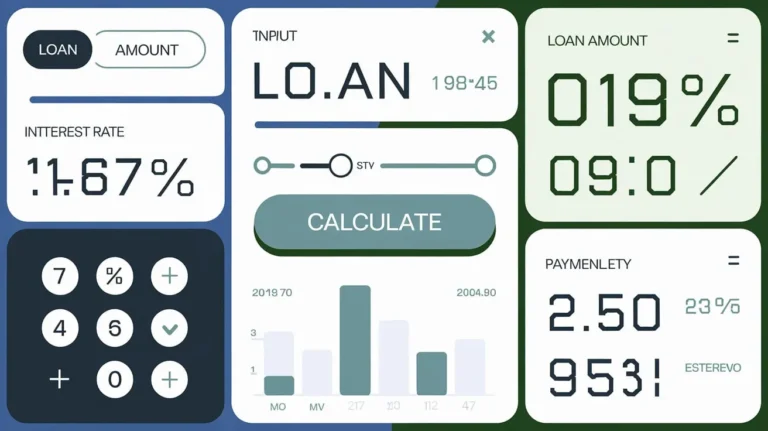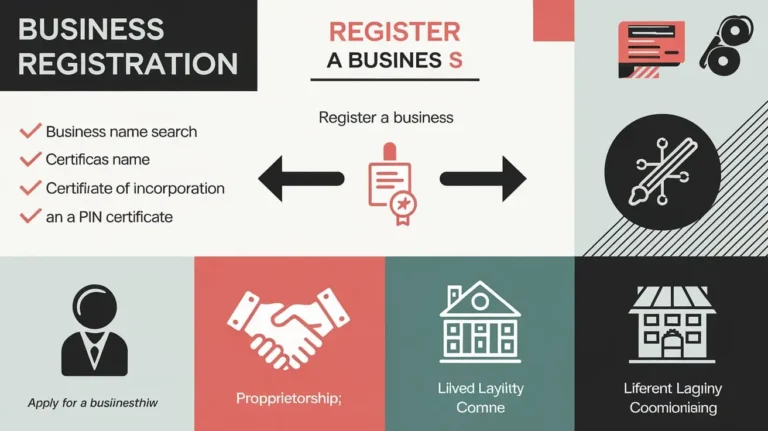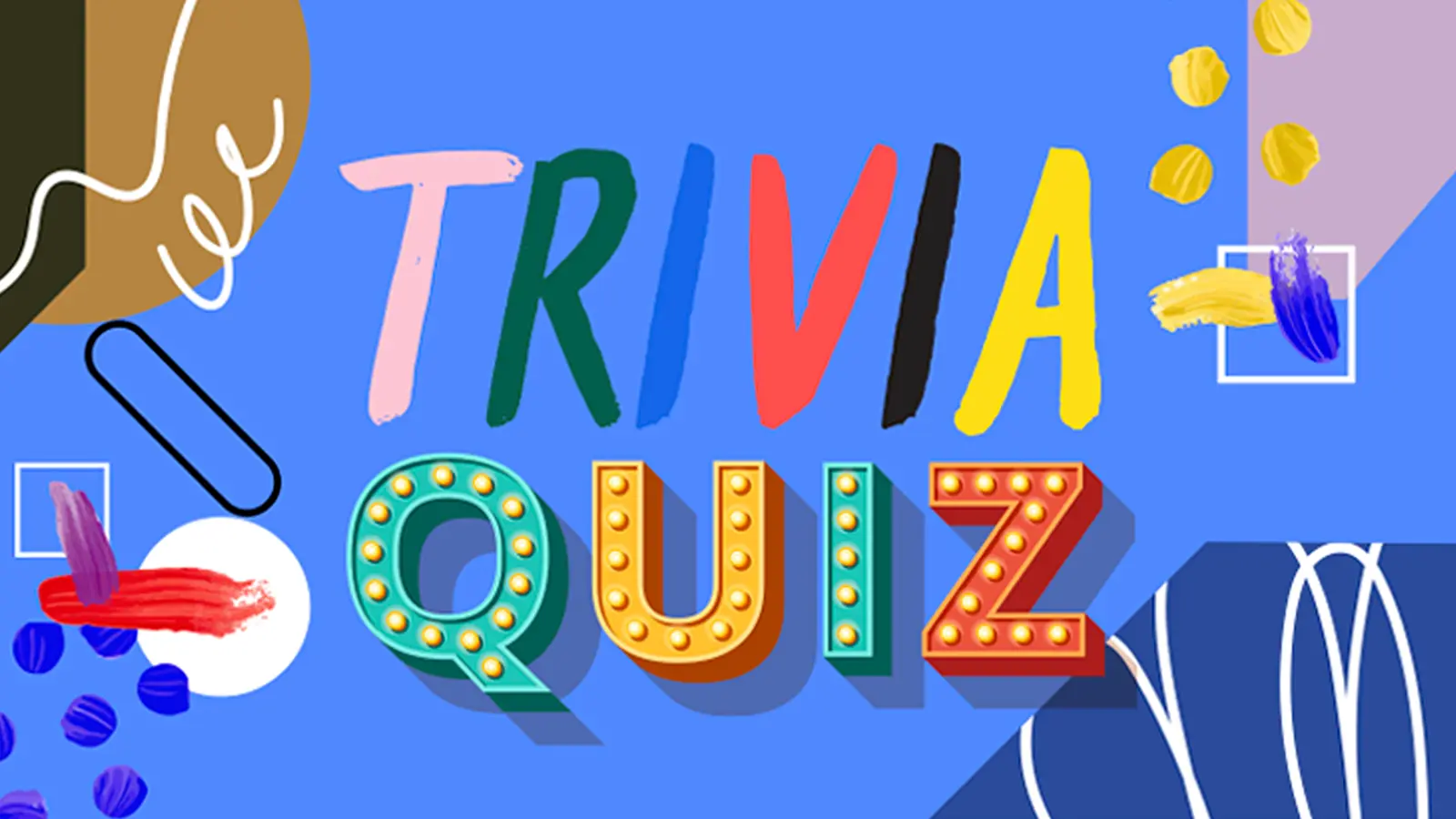
Make Learning Addictive: How Trivia Games Can Revolutionize Your CBC Classroom!
Have you ever noticed how a simple trivia game can light up a classroom?
Incorporating trivia into your teaching can be a game-changer, especially with Kenya’s Competency-Based Curriculum (CBC).
This approach to education focuses on developing students’ skills and competencies rather than just memorizing facts.
By integrating trivia into your lessons, you can create a dynamic learning environment that not only engages your students but also reinforces their knowledge in a fun and interactive way.
The Benefits of Trivia in Education
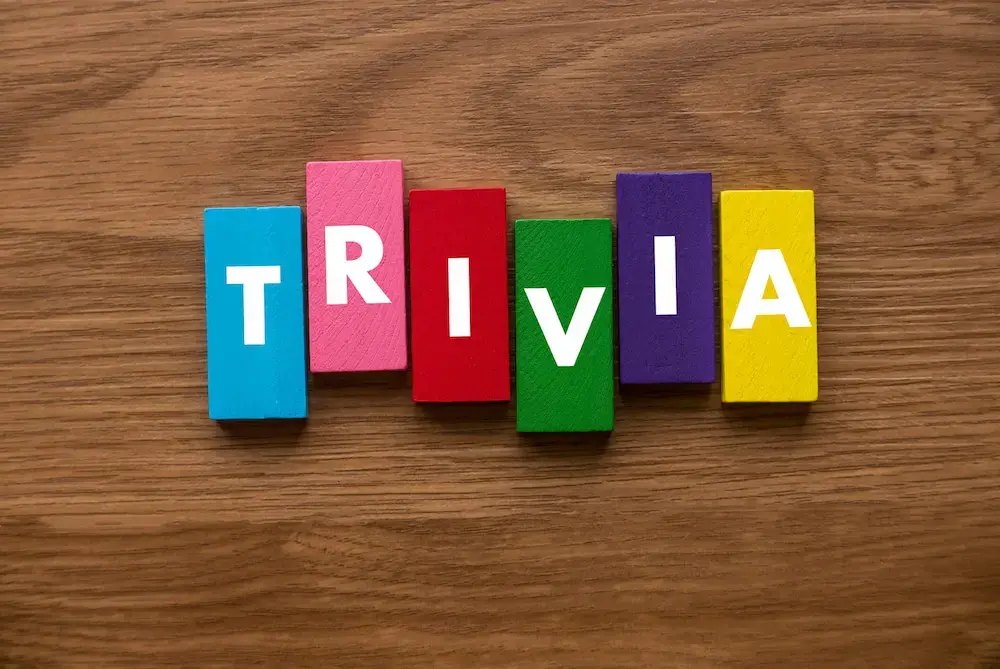
Enhancing Engagement
Trivia games are fantastic tools for tapping into students’ natural curiosity and competitive spirit.
In the CBC framework, where active participation is key, trivia games help students become more engaged with the learning material.
When students are presented with thought-provoking questions, they become more invested in the lesson.
The thrill of competition and the challenge of outperforming their peers motivate them to pay closer attention and actively participate in discussions.
Reinforcing Knowledge
In a CBC setting, trivia questions are more than just a fun activity—they are crucial for solidifying students’ understanding of the material.
Regularly incorporating trivia can help students retain information more effectively.
The process of answering trivia questions involves repetition and active recall, which strengthen neural pathways.
This makes it easier for students to retrieve and apply the knowledge they’ve gained, aligning perfectly with CBC’s focus on skill mastery and application.
Implementing Trivia in the Classroom
Types of Trivia Games
Here are some exciting ways to incorporate trivia into your CBC-aligned lessons:
- Quizzes: Transform traditional multiple-choice or short-answer quizzes into engaging trivia games. Add an element of competition and time pressure to make them more exciting. Alternatively use of trivia game websites is vital for a wide range of quiz categories.
- Kahoot: This online platform is perfect for CBC classrooms. You can create interactive trivia games that students access via their devices. The colorful interface and game-show-like atmosphere make learning both fun and educational.
- Jeopardy: Adapt the classic TV game show format to suit your subject matter. This format encourages students to phrase their answers in the form of a question, which is not only engaging but also reinforces their understanding in a unique way.
Creating Effective Trivia Questions
When crafting trivia questions for your CBC lessons, keep these tips in mind:
- Align questions with your learning objectives to ensure they reinforce the most important concepts relevant to CBC’s competency goals.
- Use a mix of difficulty levels to challenge students of varying abilities, fostering inclusivity and ensuring everyone is engaged.
- Incorporate visuals, such as images or diagrams, to make questions more engaging and memorable, enhancing the learning experience.
- Avoid questions with ambiguous wording or multiple correct answers to ensure clarity and focus.
Case Studies
Many schools in Kenya have successfully integrated trivia games into their CBC classrooms with impressive results.
For example, at most private schools and international schools, teachers introduced Kahoot trivia in their history lessons.
They found that students not only enjoyed the interactive element but also showed a significant improvement in their test scores, demonstrating the effectiveness of this approach in the CBC framework.
At Oakwood Elementary, trivia games were used as a revision tool before exams.
Students felt more confident and prepared, leading to a notable increase in overall academic performance.
Challenges and Solutions
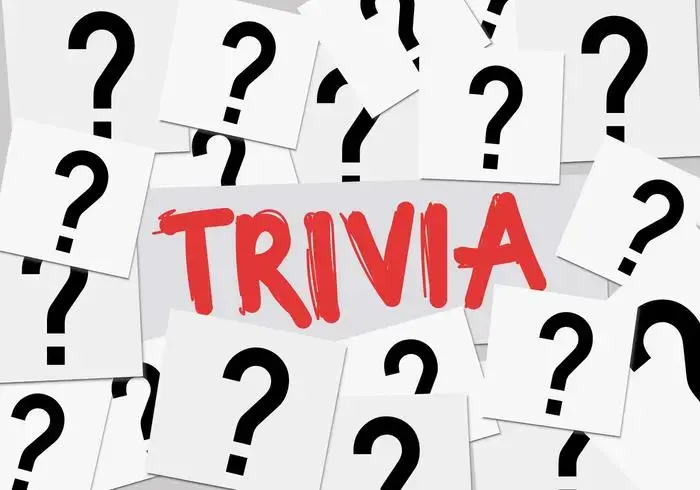
While integrating trivia into your CBC lessons can be highly effective, there are a few challenges you might face:
- Crafting well-aligned questions that meet learning objectives
- Balancing trivia with direct instruction
- Adapting trivia games to accommodate different learning styles and abilities
To overcome these challenges:
- Collaborate with fellow educators to develop high-quality trivia questions that align with CBC’s competency-based approach.
- Use trivia games as a supplement to, not a replacement for, direct instruction to ensure a well-rounded educational experience.
- Provide alternative formats or differentiated support for students who may need additional help with certain types of trivia games.
Conclusion
Trivia games have the potential to transform your CBC classroom into a vibrant and interactive learning space.
By incorporating trivia into your lessons, you can foster student participation, reinforce knowledge, and enhance overall academic performance.
So, why not give it a shot?
Start by choosing a topic you want to review and create a set of engaging trivia questions.
Watch your students’ faces light up as they dive into the fun of competing and showcasing their knowledge.
You might be surprised at how much they learn while having a great time!
Learn More About Trivia;
What is the structure of the CBC education cycle?
The CBC follows a 2-6-3-3-3 education cycle, consisting of:2 years of Pre-Primary (PP1 and PP2)
6 years of Primary (Grade 1-6)
3 years of Junior Secondary (Grade 7-9)
3 years of Senior Secondary (Grade 10-12)
3+ years of Tertiary Education (University or TVET)
What are the core competencies emphasized in CBC?
The seven core competencies in CBC are:Communication and Collaboration
Critical Thinking and Problem Solving
Creativity and Imagination
Digital Literacy
Learning to Learn
Citizenship
Self-Efficacy
How are students assessed under CBC?
At least 40% of a student’s grade comes from continuous assessment by their teachers.
The remaining percentage is from a national examination.
There are school-based assessments at the end of Grade 3, 6, and 9 to determine readiness for the next level.
What are the learning areas in Pre-Primary and Lower Primary?
Pre-Primary (PP1 and PP2):Language Activities
Mathematical Activities
Environmental Activities
Psychomotor and Creative Activities
Religious Education Activities
Lower Primary (Grade 1-3):Indigenous Languages Activities
Kiswahili/KSL Language Activities
English Language Activities
Mathematical Activities
Religious Education Activities
Environmental Activities (including Hygiene and Nutrition)
Creative Activities
How does CBC differ from the previous 8-4-4 system?
The national examination determining a student’s academic future is moved from Grade 8 to Grade 9.
Career specialization begins in Grade 9 with tracking into STEM, Social Sciences, or Arts & Sports.
Continuous assessment by teachers is incorporated, not just a final exam.
The focus shifts from memorization to developing core competencies.
For more details on the CBC structure and implementation, refer to KICD
